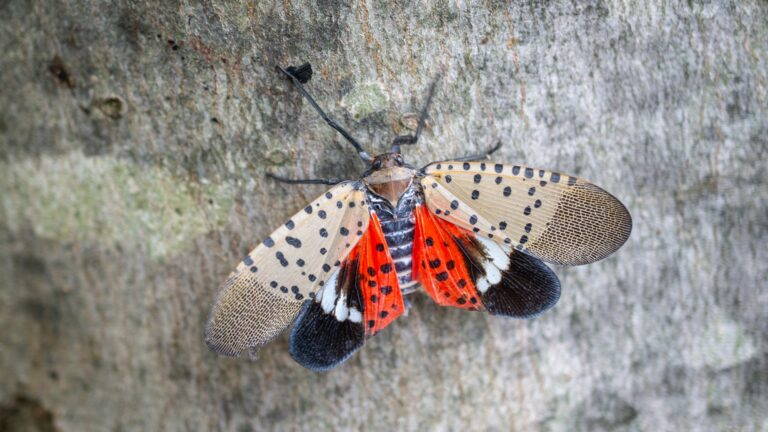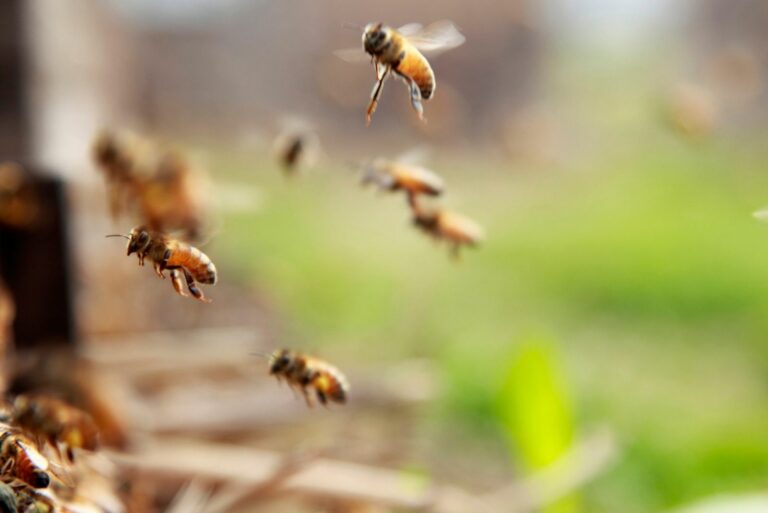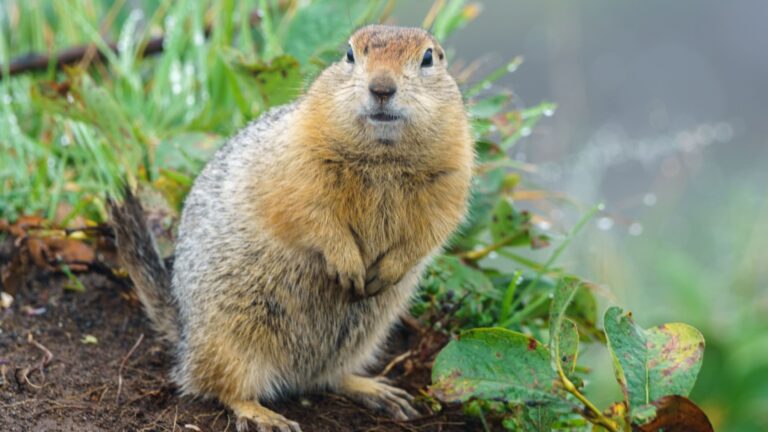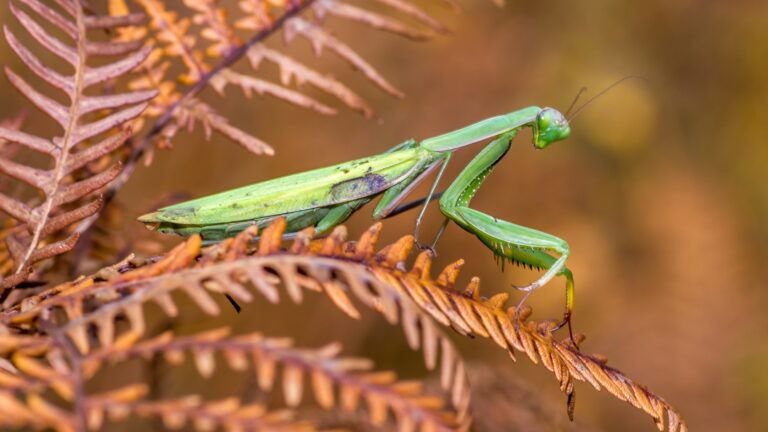8 Reasons Bees Are Disappearing Across Tennessee
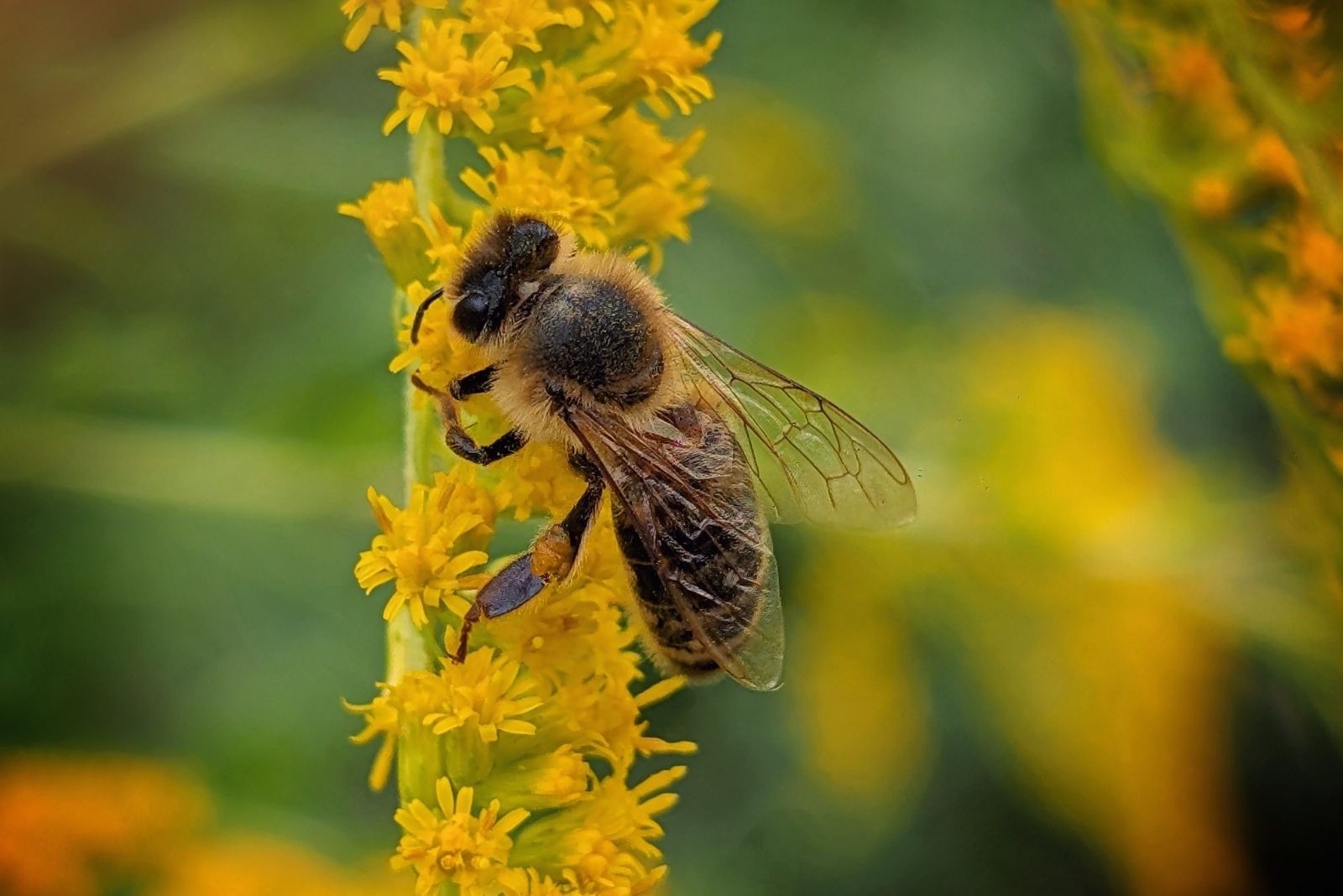
Bees are some of the hardest workers in nature, buzzing from flower to flower and helping plants grow the food we eat every day. But across Tennessee, these tiny pollinators are vanishing at an alarming rate, and scientists are deeply concerned.
Understanding why bees are disappearing helps us protect them and the important role they play in our environment.
1. Pesticides And Chemical Use
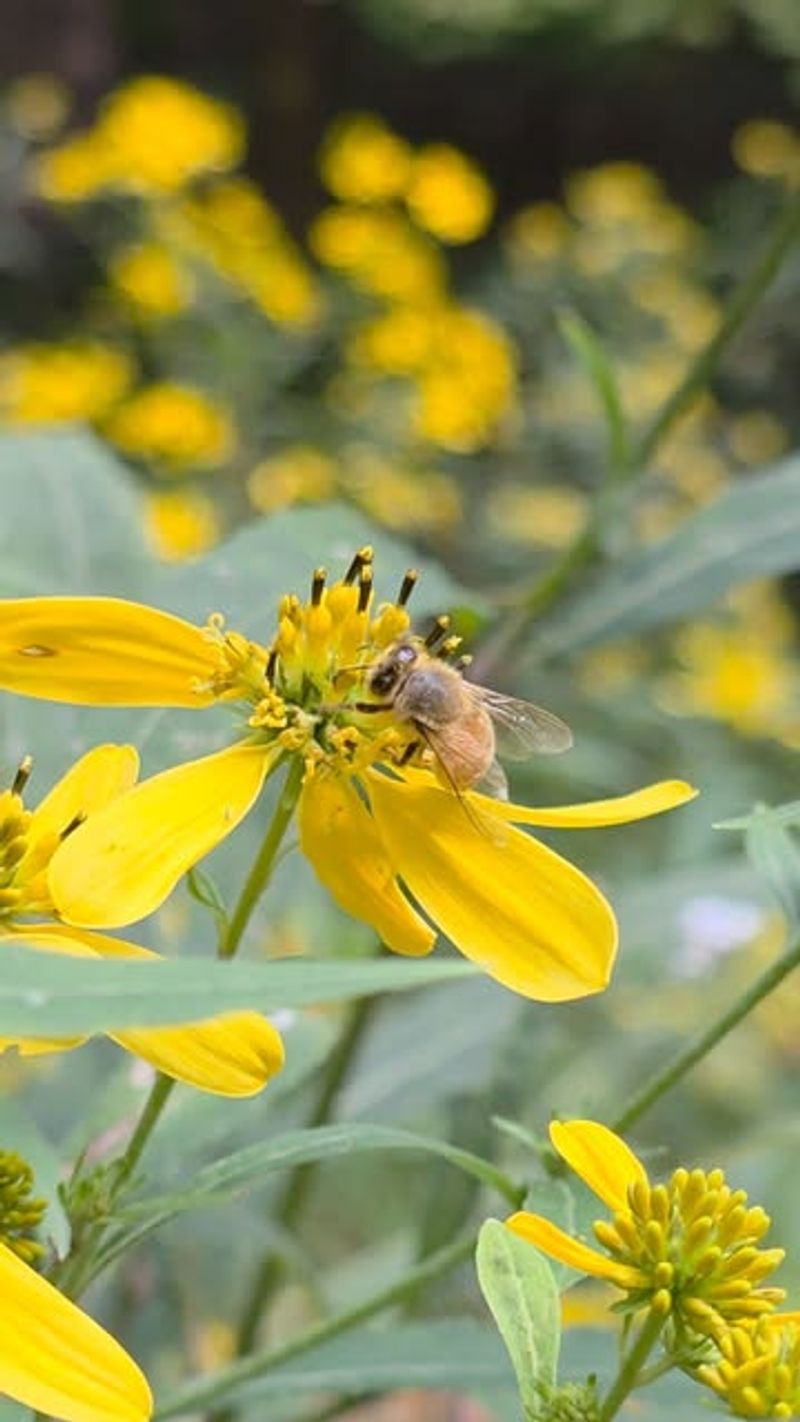
Farmers and gardeners often spray chemicals to kill bugs that damage crops, but these pesticides harm bees too. Neonicotinoids, a common type of pesticide, confuses bees and makes it hard for them to find their way back home.
When bees drink nectar from treated plants, the poison builds up in their bodies over time. Many Tennessee farms use these chemicals without realizing the danger to pollinators.
Choosing organic methods protects both crops and bees.
2. Habitat Loss And Development

As cities and suburbs expand across Tennessee, wild spaces where bees live are disappearing fast. Construction projects replace meadows and forests with concrete parking lots and shopping centers.
Bees need diverse flowers and safe nesting spots to survive. Without wildflowers and natural areas, they struggle to find enough food throughout the seasons.
Even small gardens with native plants can create important rest stops for traveling bees looking for resources.
3. Climate Change Effects

Unpredictable weather patterns are throwing off the natural timing between when flowers bloom and when bees emerge from winter. Tennessee has experienced unusual temperature swings that confuse both plants and pollinators.
Droughts dry up nectar sources while heavy rains wash away pollen. Bees depend on consistent seasonal patterns to plan their life cycles.
When flowers bloom too early or too late, hungry bees cannot find the nutrition they desperately need to survive.
4. Varroa Mite Infestations
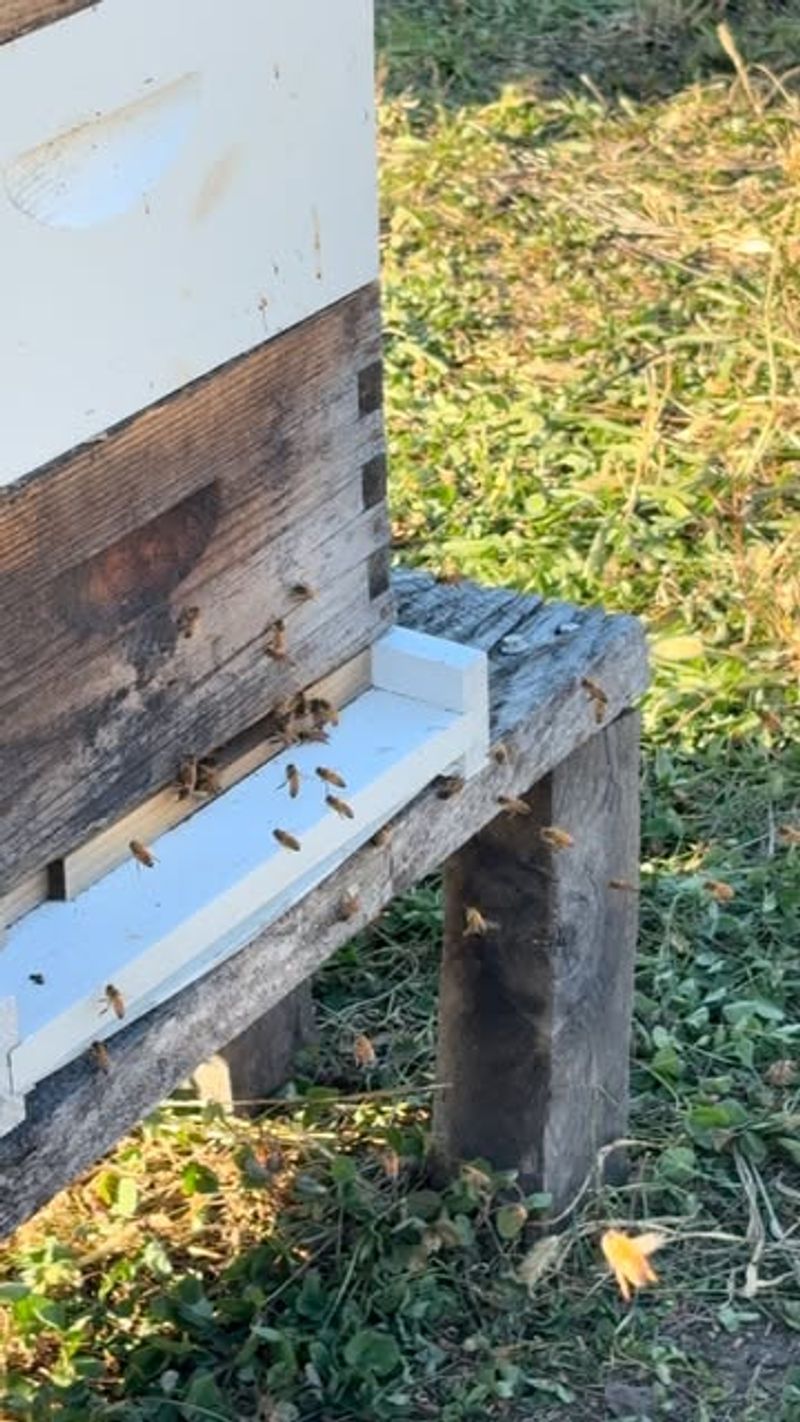
Tiny parasites called varroa mites attach themselves to honeybees like vampires, sucking their blood and weakening entire colonies. Originally from Asia, these mites spread across Tennessee and now infest most beehives.
Infected bees become sick, deformed, and die young. The mites also spread deadly viruses between bees as they move through the hive.
Beekeepers constantly battle these destructive pests, but the mites keep adapting and becoming harder to control each year.
5. Disease And Viruses
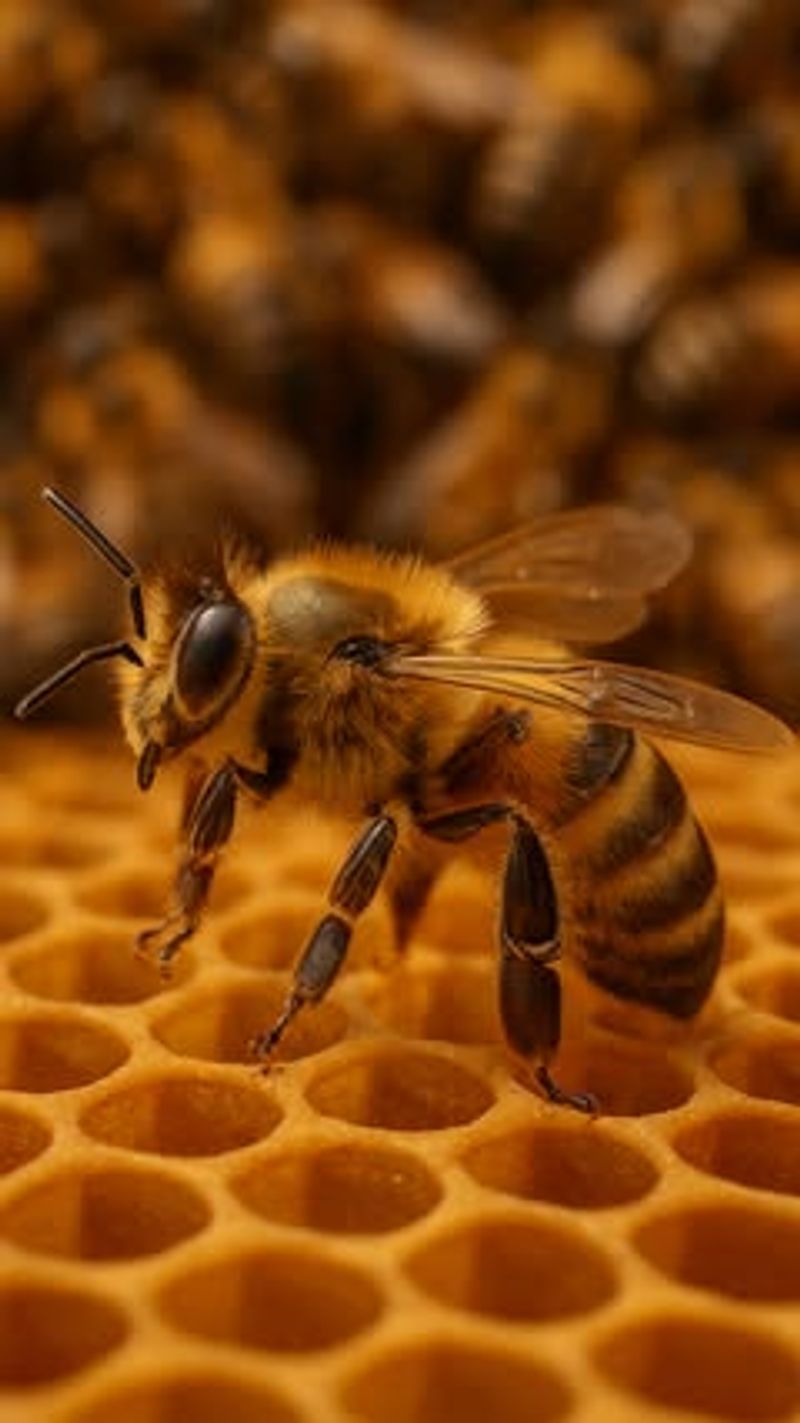
Just like humans catch colds, bees get sick from various viruses and bacterial infections that spread quickly through crowded hives. Deformed wing virus leaves bees unable to fly properly, making them easy targets for predators.
American foulbrood disease kills baby bees before they even hatch. Once a hive gets infected, the sickness can wipe out thousands of bees in weeks.
Tennessee beekeepers work hard to identify and treat diseases, but prevention remains extremely challenging.
6. Lack Of Flower Diversity

Modern farming often focuses on growing just one type of crop across huge fields, leaving bees with limited food choices. Imagine eating only one kind of food every single day—you would not get all the nutrients your body needs.
Bees face this same problem when flower diversity disappears from the landscape. They need various pollen and nectar sources to stay healthy and strong.
Tennessee farmers can help by planting wildflower strips between crop fields.
7. Invasive Hornets And Predators
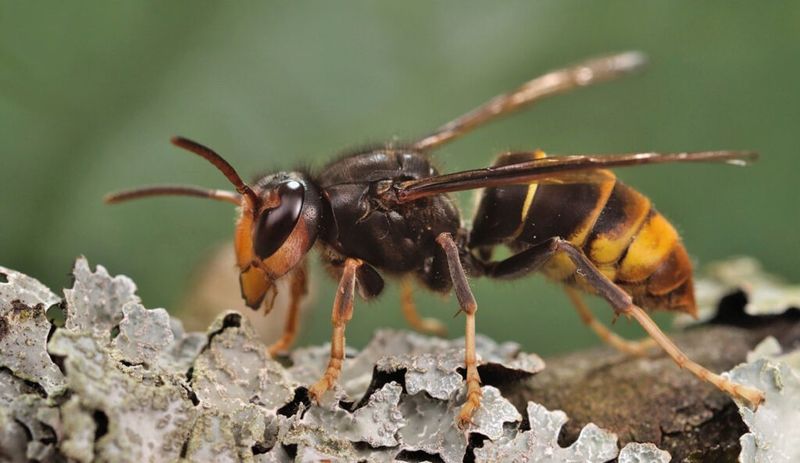
New predators are showing up in Tennessee that see bees as tasty snacks. Asian giant hornets and other invasive species hunt honeybees and destroy entire colonies in brutal attacks.
A single hornet can kill dozens of bees in minutes, ripping them apart with powerful jaws. Native birds and spiders also eat bees, but invasive predators cause far more damage.
Wildlife officials monitor for these threats, but stopping their spread proves incredibly difficult once they establish populations.
8. Poor Beekeeping Practices

Sometimes well-meaning beekeepers accidentally harm their colonies through inexperience or neglect. Overcrowding hives, failing to check for diseases, or not providing enough food during winter kills thousands of Tennessee bees annually.
Moving hives too frequently stresses bees and disrupts their work. Using old, contaminated equipment spreads infections between colonies.
Proper training and regular hive inspections make all the difference between thriving bee families and empty boxes by spring.

